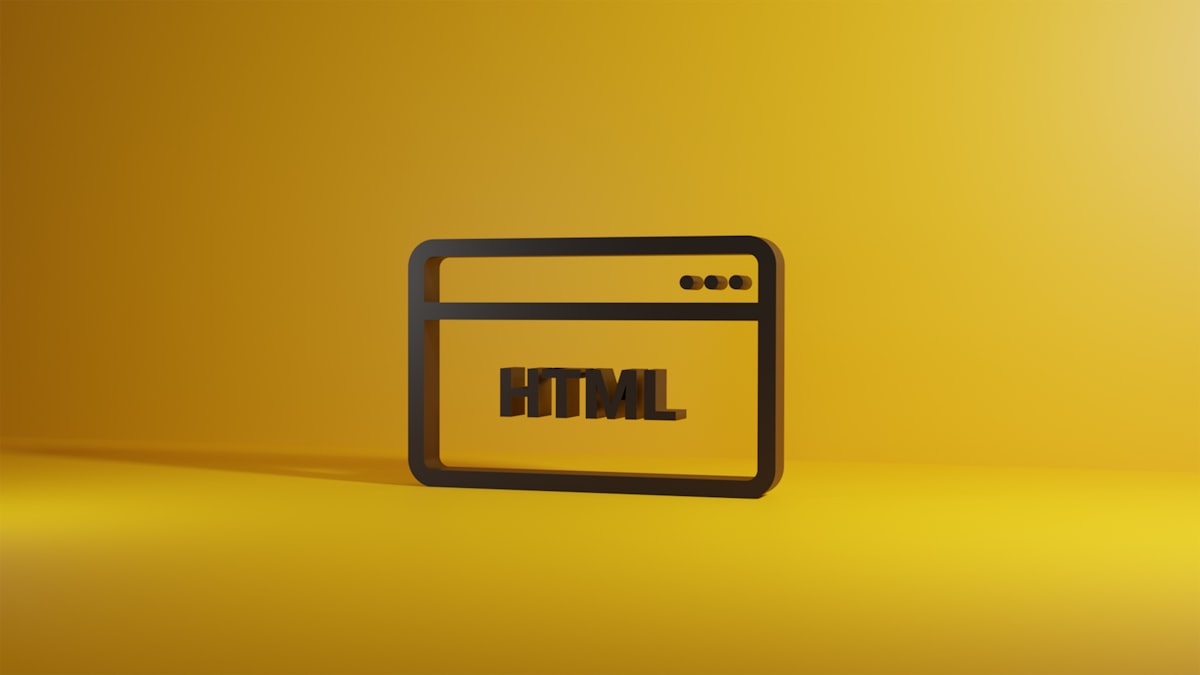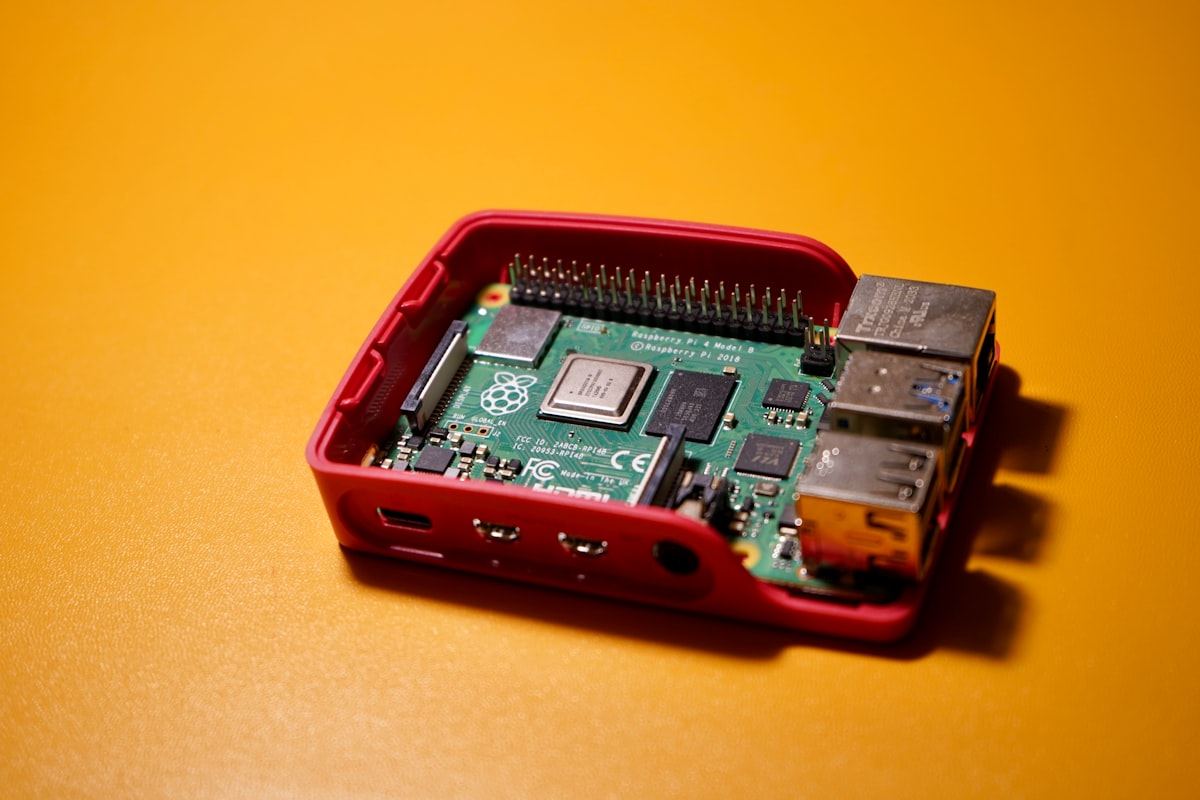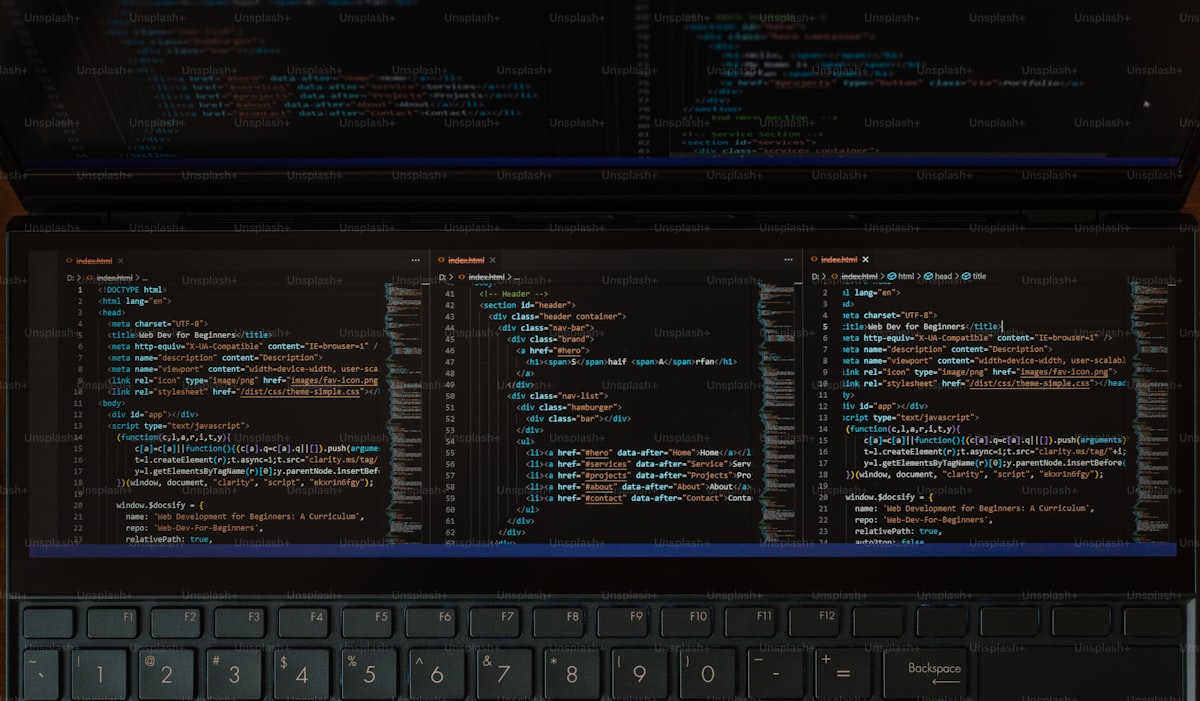Programming languages serve as the building blocks of software development, enabling programmers to create applications, websites, games, and more. With a multitude of languages available, selecting the right one for a project can be a daunting task. Here’s a comprehensive overview of the top 10 programming languages, based on their popularity, versatility, and demand in the industry:
- Python: Python consistently ranks among the most popular programming languages due to its simplicity, readability, and versatility. It is widely used in web development, data analysis, artificial intelligence, machine learning, automation, and scientific computing.
- JavaScript: JavaScript is the cornerstone of web development, powering dynamic and interactive web applications. It is essential for front-end development (with frameworks like React and Angular) and increasingly utilized for server-side development (with Node.js).
- Java: Java is a robust and platform-independent language commonly used for building enterprise-level applications, Android mobile apps, web servers, and large-scale systems. Its strong community support and extensive libraries make it a popular choice for businesses.
- C++: C++ is a powerful, high-performance language widely used in game development, system programming, embedded systems, and performance-critical applications. It offers low-level control, high efficiency, and a rich ecosystem of libraries.
- C#: Developed by Microsoft, C# (pronounced C-sharp) is primarily used for building Windows applications, game development with Unity, and enterprise software development on the .NET framework. It combines the power of C++ with the simplicity of Visual Basic.
- PHP: PHP is a server-side scripting language designed for web development, particularly for building dynamic websites, content management systems (CMS) like WordPress, e-commerce platforms, and web applications.
- SQL: Structured Query Language (SQL) is the standard language for managing and manipulating databases. It is essential for storing, retrieving, and managing data in relational database management systems (RDBMS) such as MySQL, PostgreSQL, and Oracle.
- Swift: Swift is Apple’s programming language for developing iOS, macOS, watchOS, and tvOS applications. It is known for its safety, speed, and modern syntax, making it easier and more efficient to write code for Apple platforms.
- Ruby: Ruby is renowned for its elegant syntax and developer-friendly environment. It is commonly used for web development with the Ruby on Rails framework, enabling rapid prototyping, code simplicity, and developer productivity.
- Go (Golang): Developed by Google, Go is a statically typed, compiled language known for its simplicity, efficiency, and built-in concurrency support. It is increasingly popular for cloud-native development, microservices, and scalable backend systems.
Each of these programming languages has its unique strengths, applications, and communities. The choice of language depends on factors such as project requirements, performance considerations, developer expertise, and industry trends. By mastering one or more of these languages, programmers can unlock a world of opportunities and contribute to the ever-evolving landscape of technology.
Source : CheapCpanel
Cheap Cpanel License







